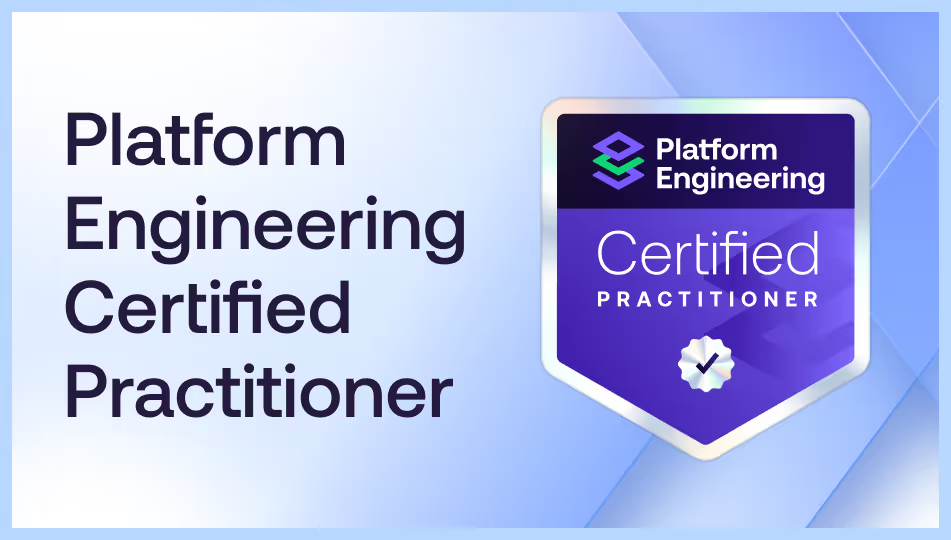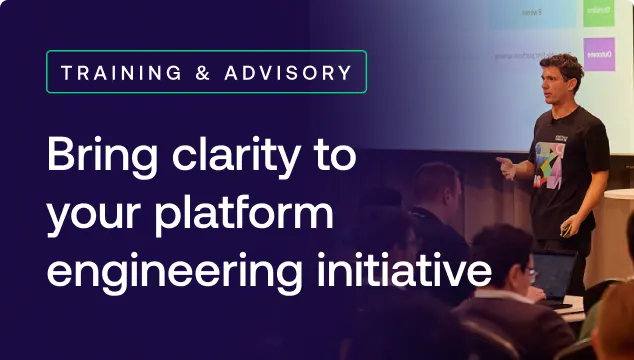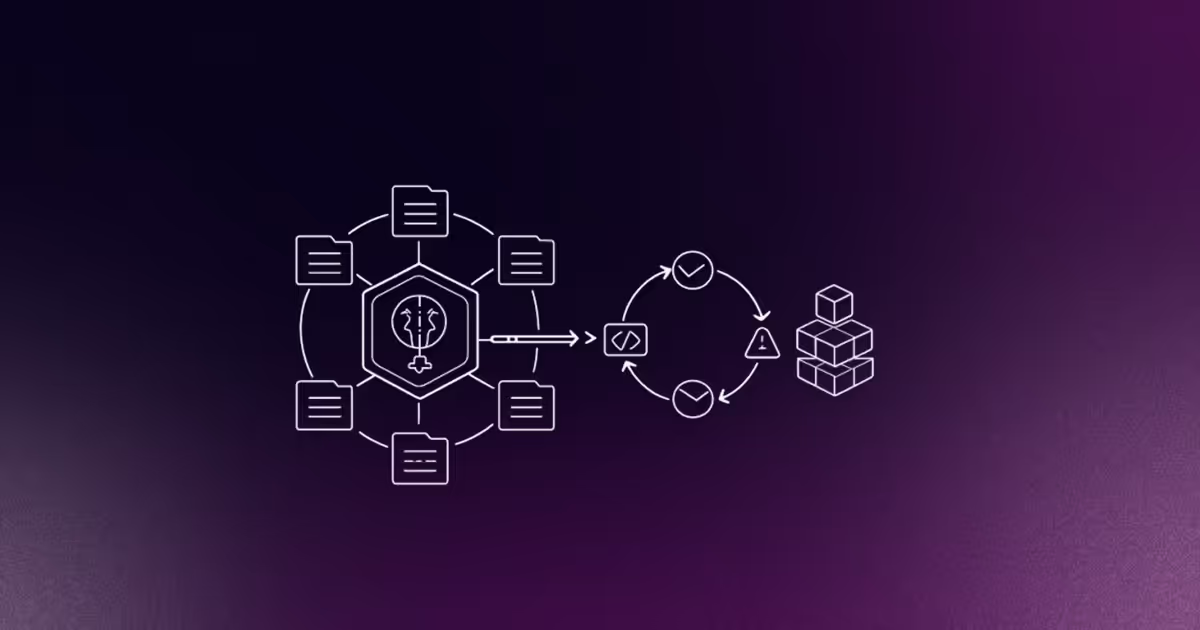I've been a platform engineering skeptic. Back in 2018, we coined the term Internal Developer Platform and laid out the fundamentals, helping enterprises build platforms at scale. The number of teams adopting platform engineering has since doubled every year. Despite the success, with events like PlatformCon and communities like this one here growing rapidly, a part of me still wondered if this truly was just a hype, a marketing stunt that would soon fade.
That skepticism started to shift last year. I started seeing organizations that for the last 2-3 years had 80% of their operations running on a well-tuned platform and the results were astonishing. Conversations with top management revealed two consistent themes: time to market was cut in half, and platform engineering was consuming all other functions. More developers were being supported by fewer platform engineers, while roles like operations, database administration, security, observability, and SRE were being absorbed into the platform. These executives, including CIOs and CEOs, possessed intricate knowledge of their platform initiatives, recognizing them as key drivers of their business.
The time-to-market impact was noteworthy, but the phrase "platform engineering eats up everything" is what truly caught my attention. The CEO of a major hardware manufacturer described it as the "industrialization of software development," moving away from "small artisanal workshops" to "production lines". While this approach might not be ideal for small teams, for large teams, it represents a perfect way of thinking about software development in 2025 and the age of AI, where speed, scale, and security are essential. The "free style" approach of the 2010s is no longer sufficient.
We are now in the midst of an industrial revolution in software development.
We are building structured digital factories to produce software at unprecedented speed and with high standards. It is platform engineers who are building these factory lines, and functions from infrastructure to security and from developer experience to product ownership now fit into the platform paradigm.
If your expertise doesn’t align with this production line, you risk becoming obsolete.
Consider the shift that occurred in 1906 when the craftsman style car manufacturing turned into the factory lane process by Henry Ford. Previously, numerous specialized roles were needed in household workshops.
At the car rental company SIXT, 800 developers are served by just 40 platform engineers - a ratio of 20 developers to 1 platform engineer. In contrast, I have seen traditional setups with as few as 5 developers per operations/security/infra person. The gains in efficiency and speed are remarkable. To achieve this, high levels of standardization and streamlining are necessary. You can't have 100 different ways of configuring your Postgres database, as it becomes unmanageable.
I recently received criticism stating that the “Platform Engineer” title is broader than what's usually defined and that it requires multidisciplinary skills in architecture, software development, security, and operations. And this is true.
It's time to differentiate the specializations and areas within platform engineering. We need to increase the discussions around these, developing training, support, and documentation for the different roles.
It requires collaboration between highly specialized personnel:
- Head of Platform Engineering (HOPE): This is a leadership position overseeing the entire platform engineering function, responsible for setting strategic direction, ensuring alignment with business goals, and coordinating platform engineering teams. The HOPE requires multidisciplinary skills across architecture, software development, security, and operations.
- Platform Product Manager (PPM): The PPM plans and structures the work of subject matter experts, acting as a bridge between the platform engineering team and the needs of the organization. They prioritize features and improvements to maximize value, requiring an understanding of both the technical aspects of the platform and the needs of the users.
- Infrastructure Platform Engineer (IPE): IPEs define the default configurations for resources and maintain the underlying infrastructure that the platform runs on, including servers, networks, and databases. They ensure the platform is scalable, reliable, and efficient.
- DevEx Platform Engineer (DPE): DPEs focus on ensuring the platform is easy and optimal for developers to use, aiming to streamline workflows, reduce friction, and enhance the developer experience. They create tools, templates, and documentation to empower developers.
- Security Platform Engineer (SPE): SPEs are responsible for maintaining and governing policy checks and sign-offs, embedding security measures directly into the development pipeline. They create and enforce security policies and ensure the platform has robust security controls.
- Observability Platform Engineer (OPE): An evolution of SRE, responsible for reliability and observability standards, resource optimization, and overseeing monitoring and observability. Plays a key role in tuning production resources.
What about the developer? The developer is evolving into becoming more of a consumer and is focusing on their specific areas of code. This isn't negative, as long as they understand why the platform behaves in a certain way.
What does this imply for traditional roles like the Oracle DB admin or the operations person? It means their job titles are slowly becoming obsolete. While there may be some work for them in the next 5-10 years, this type of work will overtime disappear for good.
Just as software transformed industries from movies to farming, platform engineering is now transforming software development itself. The success of companies like Amazon, Netflix, and Google show that software's ability to disrupt traditional industries is not just a trend, it's a permanent change. Similarly, platform engineering is not just about improving developer experience and infrastructure standardization, it is about ensuring business survival and growth.
In conclusion, platform engineering is poised to become the dominant force in software development. It’s not just about tools or processes, it’s about a paradigm shift.
Companies that embrace platform engineering will be the ones that can adapt and thrive in this era of rapid technological change. It’s a journey that requires expertise, collaboration, and vision, but the rewards will be substantial. Platform engineering is not just impacting software; it is becoming the new foundation of software development itself.













